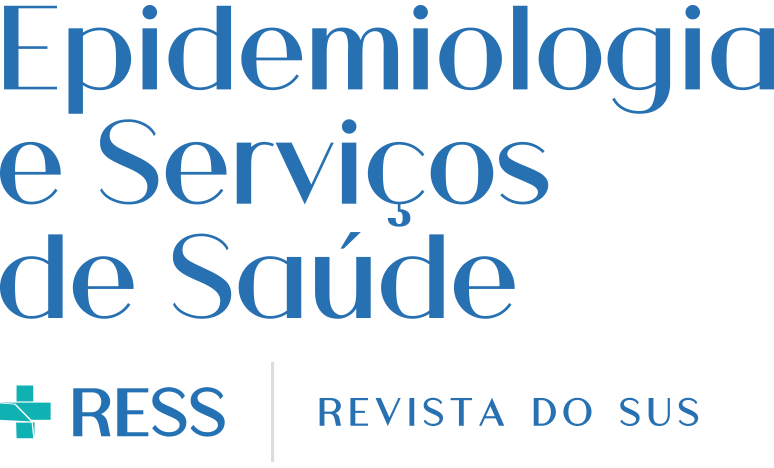Abstract
OBJECTIVE:
this study aims to describe the epidemiological characteristics of yellow fever in Brazil in the period 2000-2012.
METHODS:
this is a descriptive ecological epidemiological study, using information from Ministry of Health databases.
RESULTS:
326 cases of yellow fever were confirmed in Brazil during this period, with 156 deaths and an average case fatality rate of 47.8%; the young male adult age group was the most affected; in epizootic terms, 2,856 suspected cases of yellow fever in non-human primates were reported and 31.1% of these were confirmed by laboratory tests; during the study period the area in which sylvatic transmission of the disease occurs was found to have expanded to densely population regions, such as South, Southeast and Midwest Brazil.
CONCLUSION:
the risk of urban yellow fever transmission persists, as sylvatic incidence of the disease has expanded to regions with high Aedes aegypti infestation, this being the mosquito responsible for urban transmission of the disease.
Key words:
Yellow Fever; Descriptive Epidemiology; Disease Vectors; Brazil





